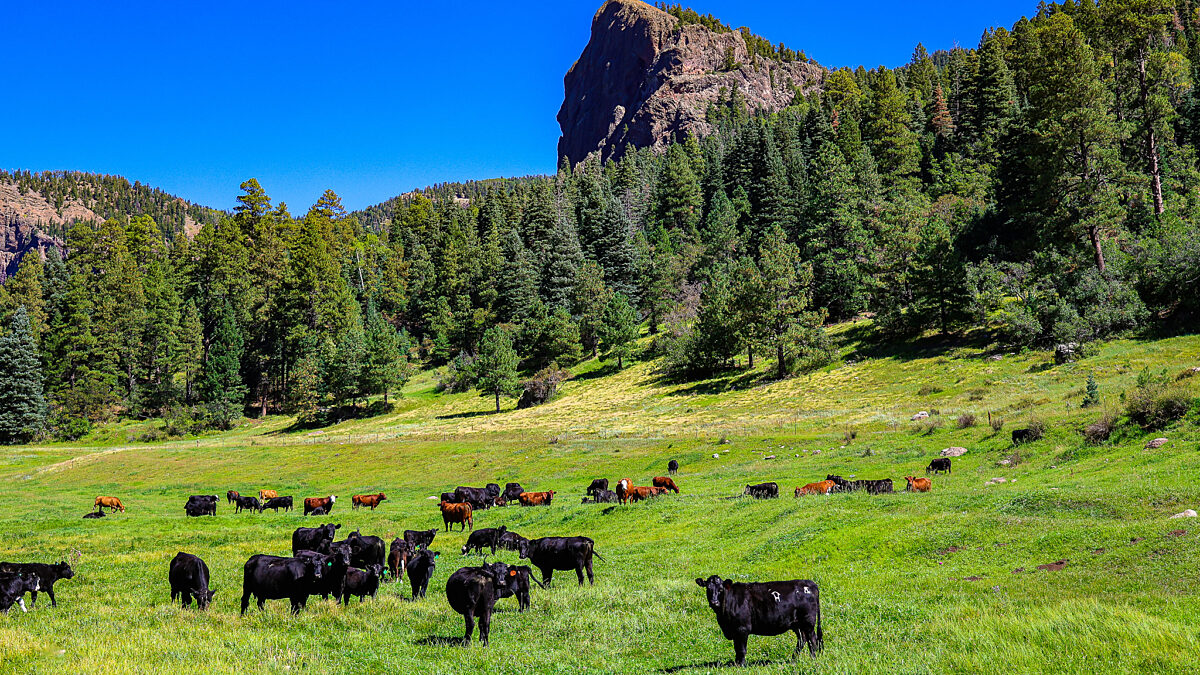Bill Gives Livestock Haulers More Flexibility
TOPICS
ELD MandateErin Anthony
Director, Communications

photo credit: Colorado Farm Bureau, Used with Permission
Erin Anthony
Director, Communications
The recently reintroduced Transporting Livestock Across America Safely Act (S. 1255) addresses the challenges of transporting livestock by providing some fixes for hours of service regulations and the electronic logging device mandate. The measure was introduced by a bipartisan group of senators led by Sen. Ben Sasse (R-Neb.).
“Sen. Sasse’s bill is a step in the right direction to fixing regulations that fail to provide the flexibility needed to address the unique needs that exist in the transport of livestock,” said Nebraska Farm Bureau President Steve Nelson.
Current regulations require commercial drivers hauling agricultural commodities to turn on their ELD after they cross a 150-air mile radius of the origin of their load. After crossing a 150-air mile radius, they must start tracking their on-duty time and can only drive 11 hours before taking a mandatory 10-hour rest.
An ELD is not currently required for livestock and insect haulers, thanks to an appropriations rider that prohibits enforcement. Passage of the rider was prompted by lawmakers’ concern that the mandate does not account for the unique needs of the live animals being transported. The extended stops required by the HOS regulations are dangerous for livestock, which rely on moving trailers to stay comfortable and reduce their stress.
Under the Transporting Livestock Across America Safely Act, HOS and ELD requirements would be inapplicable until after a driver travels more than 300 air-miles from the driver’s source. In addition, the HOS on-duty time maximum hour requirement would be extended from 11 hours to a minimum of 15 hours and a maximum of 18 hours of on-duty time.
The bill would also exempt loading and unloading times from the HOS calculation of driving time; grant flexibility for drivers to rest at any point during their trip without counting it against HOS time; allow drivers to complete their trip – regardless of hours of service requirements – if they come within 150 air-miles of their delivery point; and require the driver to take a break for a period that is five hours less than the maximum on-duty time, after he completes his delivery and the truck is unloaded.
Farm Bureau also supports the House version of the measure (H.R. 487), introduced by Rep. Ted Yoho (R-Fla.).
Trending Topics
VIEW ALL